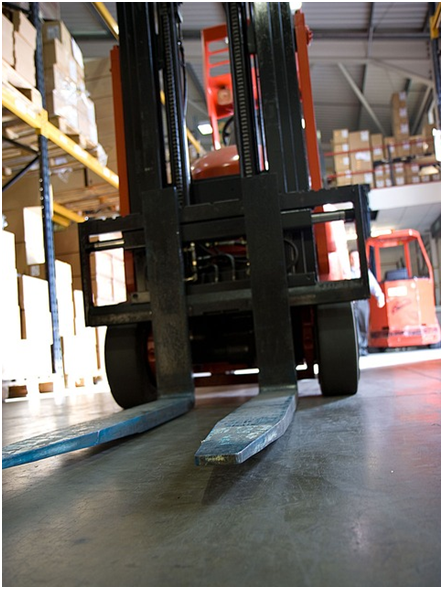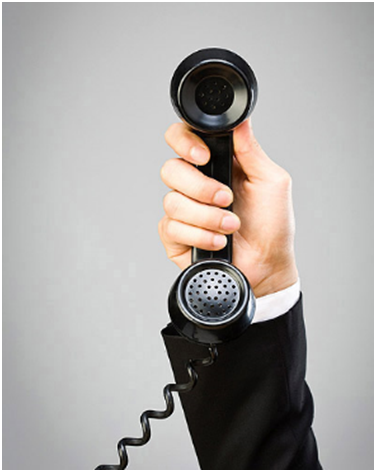Finding a Distributor
Finding a Distributor
These days, many businesses simply don’t need a distributor. A business that sells durable iPhone cases, for instance, can quickly and easily set up an online shop through Amazon Marketplace or Shopify, accepting payments via PayPal. It’s never been easier to skip the middleman.
But is it always the right decision to forgo a distributor? No, not in every case. In some instances, partnering with a distributor can help your business grow and reach new markets.
Here are a few business planning tips to finding a distributor for your product.
Do you really need a distributor?
The first step of finding a distributor is to carefully evaluate whether you really need one. In some cases, the fees that a distribution intermediary collects for its service outweighs the additional sales they provide. In other instances, a distributor can bring your product national or international attention that you were previously unable to capture. How do you know under which category your product falls?
Unfortunately, there’s no magic formula that will tell you whether partnering with an intermediary is the best solution for you. Here are a few situations, however, where one might benefit from working with a distributor:
- Your sales team is stretched thin and you feel that your sales could benefit from outside help.
- Your business is expanding into international markets. By partnering with a distributor that has an understanding of the local market, you’ll be ready to hit the ground running.
- If your business is too small to earn you any face-to-face time with major retailers, leveraging a large distributor will give your product a better chance of finding its way onto big chain’s shelves.
Ensure that you can adequately train the distributor
Failing to properly train the distribution team will result in poor performance, damaged relationships, and an unhappy workforce. Avoid that outcome by designing a comprehensive and effective training program for your distributor. The distribution team should have a good understanding of how your product works, the benefits it offers, and the after-sale services that you company has made available. Just like with your own sales force, if the distributor can’t pitch your product effectively, sales will suffer.
References and recommendations
Just because a company is willing to buy your product, that doesn’t necessarily mean that they’re the best distributor for you. In worse case scenarios in fact, your business’s reputation can be irreparably damaged by a distributor’s negligence or unethical business practices.
Reach out to your network for recommendations. A small business owner that you know from your alumni association will likely be happy to recommend a distributor with whom they’ve had a positive experience. Similarly, if someone you know has had a bad experience with a distributor, it’s more than likely that they’ll be eager to warn you to steer clear of that second-rate intermediary.
Additionally, asking for references from the distributor is another way to weed out potentially lacklustre distributing partners. So don’t hesitate to ask for multiple references when conducting your due diligence.
Values and culture of the distributor
Finally, find a distributor that has similar values and culture to yours. If your business has a horizontal organizational structure that’s free from bureaucracy, partnering with a company that has plenty of red tape might prove to be too much of a hindrance for you.
In the same vein, if your small business values sustainability and green living, while the distributor you choose to work with shows little regard for the environment, you’ll cheapen your entire business’s credibility. By partnering with a like-minded business, you’re chances of forming a long-lasting partnership increase.



